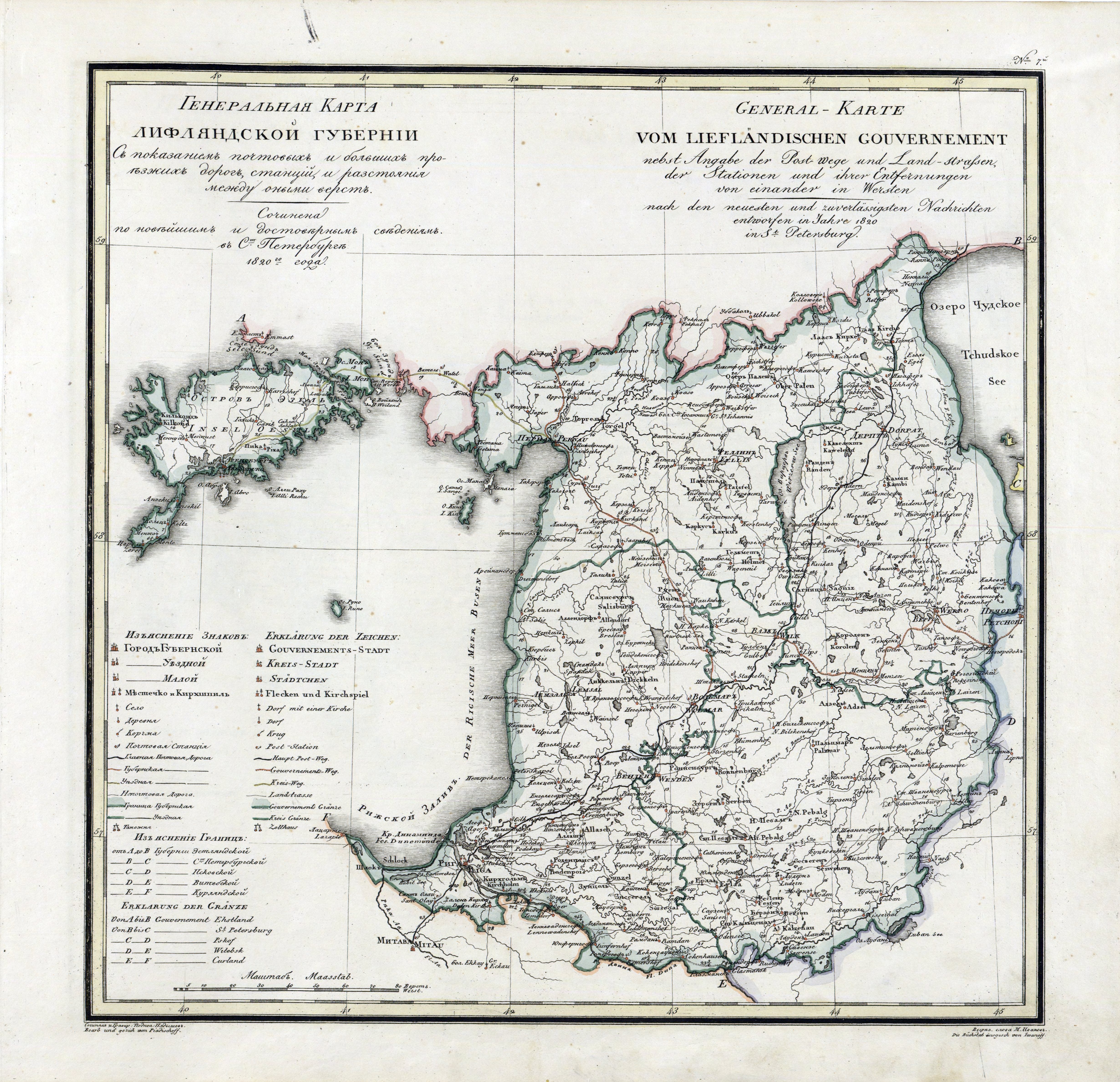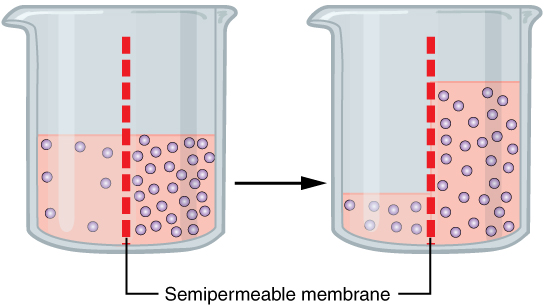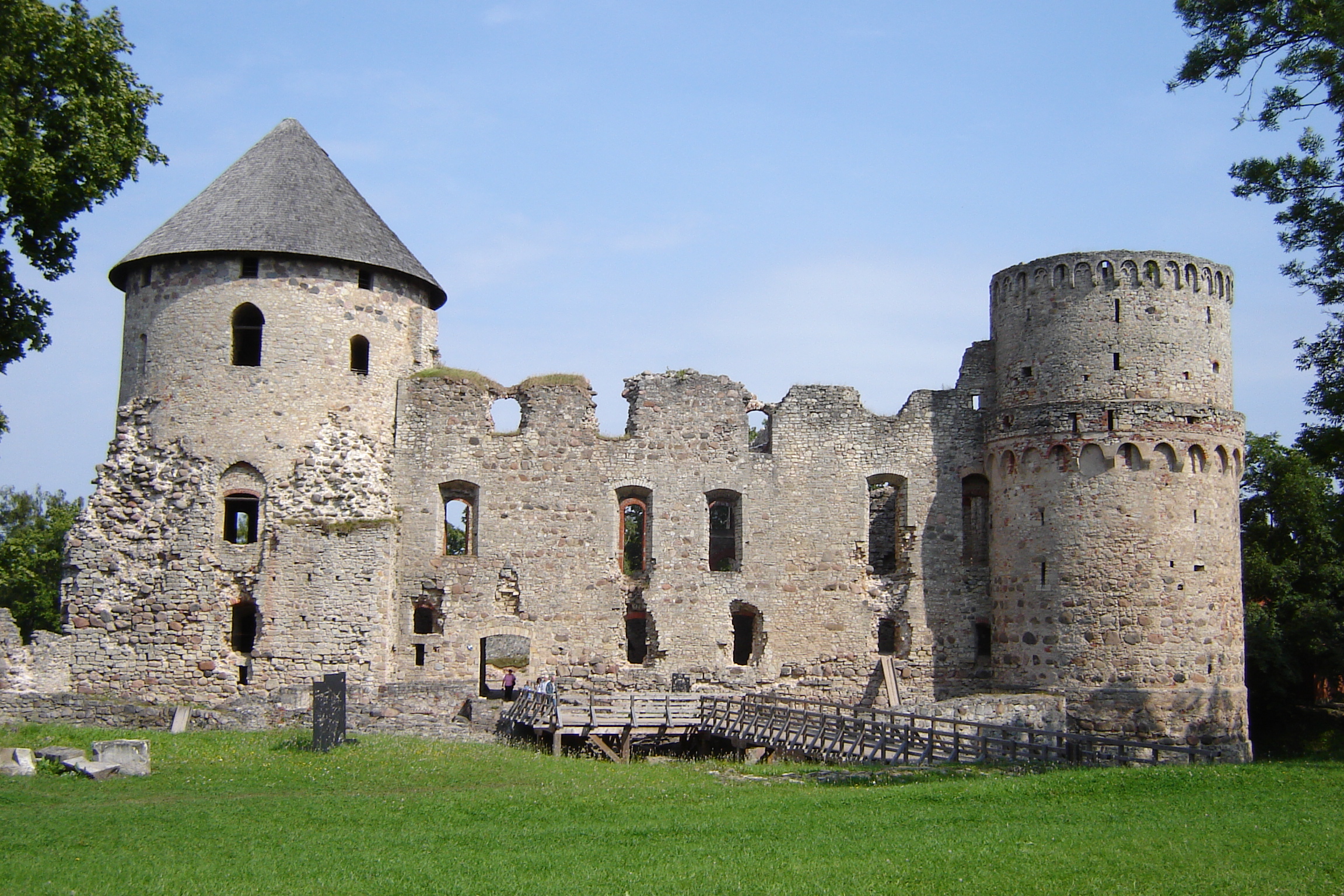|
Paul Walden
Paul Walden (; ; ; 26 July 1863 – 22 January 1957) was a Russian, Latvian and German chemist known for his work in stereochemistry and history of chemistry. In particular, he discovered the Walden rule, he invented the stereochemical reaction known as Walden inversion and synthesized the first room-temperature ionic liquid, ethylammonium nitrate. Early life and education Walden was born in Rozulas in the Russian Empire (now Stalbe parish, Pārgauja municipality, Latvia) in a large Latvian peasant family. At the age of four, he lost his father and later his mother. Thanks to financial support from his two older brothers who lived in Riga (one was a merchant and another served as a lieutenant in the military) Walden managed to complete his education – first graduated with honors from the district school in the town of Cēsis (1876), and then from the Riga Technical High School (1882). In December 1882, he enrolled into the Riga Technical University and became seriously ... [...More Info...] [...Related Items...] OR: [Wikipedia] [Google] [Baidu] |
Livonia Governorate
The Governorate of Livonia, also known as the Livonia Governorate, was a province ('' guberniya'') and one of the Baltic governorates of the Russian Empire, Baltic Governorate-General until 1876. Governorate of Livonia bordered Governorate of Estonia to the north, Saint Petersburg and Pskov Governorates to the east, Courland Governorate to the south, and the Gulf of Riga to the west. In 1897, the population of the governorate was 1,299,365, and it had an area of . The administrative centre of the governorate was the Baltic Sea port of Riga. It roughly corresponded to most of the modern Vidzeme Region of Latvia and southern Estonia. History Following the capitulation of Estonia and Livonia in 1710, Peter the Great, on 28 July 1713, created the Riga Governorate () which also included Smolensk uezd, Dorogobuzh uezd, Roslavl uezd and Vyazma uezd of Smolensk Governorate. Smolensk Province was created from territory in Smolensk Governorate at that time. It was incorporated into ... [...More Info...] [...Related Items...] OR: [Wikipedia] [Google] [Baidu] |
Ionic Liquid
An ionic liquid (IL) is a salt (chemistry), salt in the liquid state at ambient conditions. In some contexts, the term has been restricted to salts whose melting point is below a specific temperature, such as . While ordinary liquids such as water and gasoline are predominantly made of electric charge, electrically neutral molecules, ionic liquids are largely made of ions. These substances are variously called liquid electrolytes, ionic melts, ionic fluids, fused salts, liquid salts, or ionic glasses. Ionic liquids have many potential applications. They are powerful solvents and can be used as electrolytes. Salts that are liquid at near-ambient temperature are important for electric battery applications, and have been considered as sealants due to their very low vapor pressure. Any salt that melts without pyrolysis, decomposing or vaporizing usually yields an ionic liquid. Sodium chloride (NaCl), for example, melts at into a liquid that consists largely of sodium cations () and ... [...More Info...] [...Related Items...] OR: [Wikipedia] [Google] [Baidu] |
Habilitation
Habilitation is the highest university degree, or the procedure by which it is achieved, in Germany, France, Italy, Poland and some other European and non-English-speaking countries. The candidate fulfills a university's set criteria of excellence in research, teaching, and further education, which usually includes a dissertation. The degree, sometimes abbreviated ''Dr. habil''. (), ''dr hab.'' (), or ''D.Sc.'' ('' Doctor of Sciences'' in Russia and some CIS countries), is often a qualification for full professorship in those countries. In German-speaking countries it allows the degree holder to bear the title ''PD'' (for ). In a number of countries there exists an academic post of docent, appointment to which often requires such a qualification. The degree conferral is usually accompanied by a public oral defence event (a lecture or a colloquium) with one or more opponents. Habilitation is usually awarded 5–15 years after a PhD degree or its equivalent. Achieving this ... [...More Info...] [...Related Items...] OR: [Wikipedia] [Google] [Baidu] |
Berichte Der Deutschen Chemischen Gesellschaft
''Chemische Berichte'' (usually abbreviated as ''Ber.'' or ''Chem. Ber.'') was a German-language scientific journal of all disciplines of chemistry founded in 1868. It was one of the oldest scientific journals in chemistry, until it merged with '' Recueil des Travaux Chimiques des Pays-Bas'' to form ''Chemische Berichte/Recueil'' in 1997. ''Chemische Berichte/Recueil'' was then merged with other European journals in 1998 to form '' European Journal of Inorganic Chemistry''. History Founded in 1868 as ''Berichte der Deutschen Chemischen Gesellschaft'' (, CODEN BDCGAS), it operated under this title until 1928 (Vol. 61). The journal was then split into: * ''Berichte der Deutschen Chemischen Gesellschaft, A: Vereins-Nachrichten'' (, CODEN BDCAAS), and * ''Berichte der Deutschen Chemischen Gesellschaft, B: Abhandlungen'' (, CODEN BDCBAD). Vol. 78 and 79 (1945–1946) were omitted and not published due to World War II. The journal was renamed ''Chemische Berichte'' (, CODEN CHBEAM) in ... [...More Info...] [...Related Items...] OR: [Wikipedia] [Google] [Baidu] |
Osmotic
Osmosis (, ) is the spontaneous net movement or diffusion of solvent molecules through a selectively-permeable membrane from a region of high water potential (region of lower solute concentration) to a region of low water potential (region of higher solute concentration), in the direction that tends to equalize the solute concentrations on the two sides. It may also be used to describe a physical process in which any solvent moves across a selectively permeable membrane (permeable to the solvent, but not the solute) separating two solutions of different concentrations. Osmosis can be made to do work. Osmotic pressure is defined as the external pressure required to prevent net movement of solvent across the membrane. Osmotic pressure is a colligative property, meaning that the osmotic pressure depends on the molar concentration of the solute but not on its identity. Osmosis is a vital process in biological systems, as biological membranes are semipermeable. In general, thes ... [...More Info...] [...Related Items...] OR: [Wikipedia] [Google] [Baidu] |
Physical Chemistry
Physical chemistry is the study of macroscopic and microscopic phenomena in chemical systems in terms of the principles, practices, and concepts of physics such as motion, energy, force, time, thermodynamics, quantum chemistry, statistical mechanics, analytical dynamics and chemical equilibria. Physical chemistry, in contrast to chemical physics, is predominantly (but not always) a supra-molecular science, as the majority of the principles on which it was founded relate to the bulk rather than the molecular or atomic structure alone (for example, chemical equilibrium and colloids). Some of the relationships that physical chemistry strives to understand include the effects of: # Intermolecular forces that act upon the physical properties of materials ( plasticity, tensile strength, surface tension in liquids). # Reaction kinetics on the rate of a reaction. # The identity of ions and the electrical conductivity of materials. # Surface science and electrochemistry of cell m ... [...More Info...] [...Related Items...] OR: [Wikipedia] [Google] [Baidu] |
University Of Leipzig
Leipzig University (), in Leipzig in Saxony, Germany, is one of the world's oldest universities and the second-oldest university (by consecutive years of existence) in Germany. The university was founded on 2 December 1409 by Frederick I, Elector of Saxony and his brother William II, Margrave of Meissen, and originally comprised the four scholastic faculties. Since its inception, the university has engaged in teaching and research for over 600 years without interruption. Famous alumni include Angela Merkel, Gottfried Wilhelm von Leibniz, Johann Wolfgang von Goethe, Leopold von Ranke, Friedrich Nietzsche, Robert Schumann, Richard Wagner, Tycho Brahe, Georgius Agricola. The university is associated with ten Nobel laureates, most recently with Svante Pääbo who won the Nobel Prize for Medicine in 2022. History Founding and development until 1900 The university was modelled on the University of Prague, from which the German-speaking faculty members withdrew to Leipzi ... [...More Info...] [...Related Items...] OR: [Wikipedia] [Google] [Baidu] |
Great Soviet Encyclopedia
The ''Great Soviet Encyclopedia'' (GSE; , ''BSE'') is one of the largest Russian-language encyclopedias, published in the Soviet Union from 1926 to 1990. After 2002, the encyclopedia's data was partially included into the later ''Great Russian Encyclopedia'' in an updated and revised form. The GSE claimed to be "the first Marxist–Leninist general-purpose encyclopedia". Origins The idea of the ''Great Soviet Encyclopedia'' emerged in 1923 on the initiative of Otto Schmidt, a member of the Russian Academy of Sciences. In early 1924 Schmidt worked with a group which included Mikhail Pokrovsky, (rector of the Institute of Red Professors), Nikolai Meshcheryakov (Former head of the General Directorate for the Protection of State Secrets in the Press, Glavit, the State Administration of Publishing Affairs), Valery Bryusov (poet), Veniamin Kagan (mathematician) and Konstantin Kuzminsky to draw up a proposal which was agreed to in April 1924. Also involved was Anatoly Lunacharsky, People' ... [...More Info...] [...Related Items...] OR: [Wikipedia] [Google] [Baidu] |
Nobel Prize In Chemistry
The Nobel Prize in Chemistry () is awarded annually by the Royal Swedish Academy of Sciences to scientists in the various fields of chemistry. It is one of the five Nobel Prizes established by the will of Alfred Nobel in 1895, awarded for outstanding contributions in chemistry, physics, literature, peace, and physiology or medicine. This award is administered by the Nobel Foundation and awarded by the Royal Swedish Academy of Sciences on proposal of the Nobel Committee for Chemistry, which consists of five members elected by the Academy. The award is presented in Stockholm at an annual ceremony on December 10th, the anniversary of Nobel's death. The first Nobel Prize in Chemistry was awarded in 1901 to Jacobus Henricus van 't Hoff, of the Netherlands, "for his discovery of the laws of chemical dynamics and osmotic pressure in solutions". From 1901 to 2024, the award has been bestowed on a total of 195 individuals. The 2024 Nobel Prize in Chemistry was awarded to Demis Hassabis ... [...More Info...] [...Related Items...] OR: [Wikipedia] [Google] [Baidu] |
Wilhelm Ostwald
Wilhelm Friedrich Ostwald (; – 4 April 1932) was a Latvian chemist and philosopher. Ostwald is credited with being one of the founders of the field of physical chemistry, with Jacobus Henricus van 't Hoff, Walther Nernst and Svante Arrhenius. He received the Nobel Prize in Chemistry in 1909 for his scientific contributions to the fields of catalysis, chemical equilibria and reaction velocities. Following his 1906 retirement from academic life, Ostwald became much involved in philosophy, art, and politics. He made significant contributions to each of these fields. He has been described as a polymath. Early life and education Ostwald was born ethnically Baltic German in Riga, Russian Empire (now Latvia) to master-cooper Gottfried Wilhelm Ostwald and Elisabeth Leuckel. He was the middle child of three, born after Eugen and before Gottfried. Ostwald developed an interest in science as a child and conducted experiments at his home, particularly related to fireworks and photogr ... [...More Info...] [...Related Items...] OR: [Wikipedia] [Google] [Baidu] |
Cēsis
Cēsis (; (, , , ) is a town in Latvia located in the northern part of the Central Vidzeme Upland. Cēsis is on the Gauja River valley, and is built on a series of ridges above the river, overlooking the woods below. Cēsis was selected to be one of the candidate cities for the title of the European Capital of Culture 2014 (Riga was the Latvian city that won the title), as well as for the European Capital of Culture 2027 (Liepāja took the title). Castle The oldest settlement in Cēsis is the hillfort on Riekstu Hill, a fortified wooden castle built by a tribe known as the Vends. The mound with its partly preserved fortification system can still be seen in the Castle park. This settlement was located near major trade routes from west to east and dominated the regional countryside. German crusaders known as the Livonian Brothers of the Sword began construction of Wenden Castle near the hill fort in 1209. When the castle was enlarged and fortified, it served as the resi ... [...More Info...] [...Related Items...] OR: [Wikipedia] [Google] [Baidu] |
Lieutenant
A lieutenant ( , ; abbreviated Lt., Lt, LT, Lieut and similar) is a Junior officer, junior commissioned officer rank in the armed forces of many nations, as well as fire services, emergency medical services, Security agency, security services and police forces. The rank in armies and air forces is often subdivided into subcategories of seniority. In Comparative navy officer ranks of Anglophone countries, English-speaking navies, lieutenants are often equivalent to the army rank of Captain (armed forces), captain; in other navies, the lieutenants are usually equal to their army counterparts. ''Lieutenant'' may also appear as part of a title used in various other organisations with a codified command structure. It often designates someone who is "second-in-command", and as such, may precede the name of the rank directly above it. For example, a "lieutenant master" is likely to be second-in-command to the "master" in an organisation using both ranks. Political uses include lieu ... [...More Info...] [...Related Items...] OR: [Wikipedia] [Google] [Baidu] |








